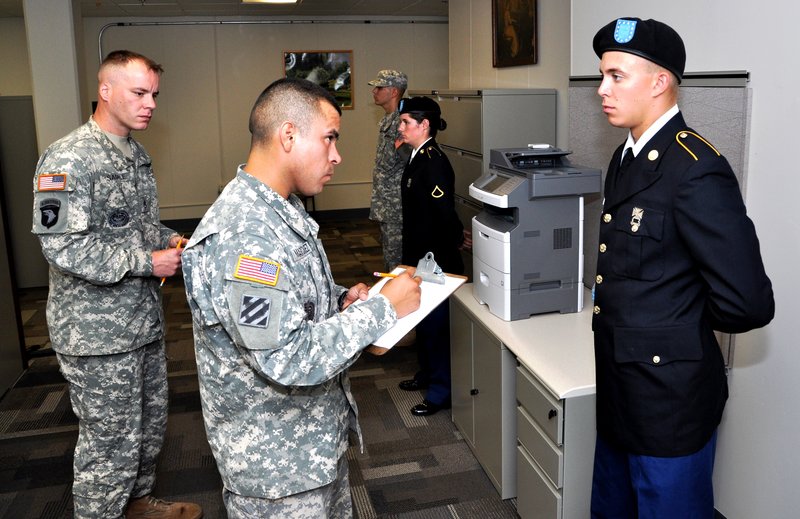Bullets rip from the barrel of modern rifles at more than
3000 feet per second. Tanks fire
armor-piercing shells that travel nearly twice that speed, just over a mile a
second. Rotor blades on helicopters
sweep the air at a constant speed, but a small change in the pitch (tilt) of the blades
causes the ‘copter to rise, drop, hover or hurtle through the air at more than
100 knots.
Each of these complex motions is almost perfectly
predictable moving through an utterly random medium: air. The atmosphere, from sea level to
stratosphere, is nothing but randomly moving molecules. The molecules of air are vanishingly small, so each cubic foot of air has about 30 sextillion
molecules (3 with 22 zeroes) of air in it at any moment.
Since air is mostly nitrogen and oxygen, most air molecules
are just under a millionth of a millimeter long. These tiny particles move in
random directions: up, down, left, right and everything in between at speeds
around 1000 miles per hour at room temperature and normal atmospheric
pressure.
And yet.
The collective motion of hundreds of trillions of individual
molecules is so predictable that a 95-pound artillery shell fired from a 155mm
cannon can hit within meters of a target ten miles away. A 105mm tank cannon firing a practice SABOT
round can make will punch a perfect 40mm
hole within inches of the middle of a one-meter circle a full kilometer away.
In 1976, my gunner made a smiley-face triangle with three rounds while we were zeroing
our main gun.
If random motion meant changes in wind resistance, gunners
would never be able to fire with inch-perfect accuracy.
Every week I coast down a ¾-mile-long hill. At the top of
the hill are two big wind-power generators.
A mile away from the hill I check the direction the blades are facing
and their speed. I know before I get to the hill what my speed will be at the
bottom within less than 5mph. The difference comes from how much draft I get
from other cyclists. In the distance
down that hill, my bicycle and I pass through 15 cubic feet of air for every
foot we move down the hill. So from top
to bottom the bike and I pass through 50,000 cubic feet of randomly move
molecules of air, billions of sextillions of molecules of air.
And yet.
The motion is perfectly predictable. Any single molecule of air might be racing
ahead of my bicycle at 1000mph or it might get passed by a bullet or a cannon
shell. But the collective motion of all those molecules is wind resistance. And
wind resistance is as predictable as electrical resistance in a wire fluid
resistance in a pool of water.
The world is full of randomness at every level from atoms to
stars and yet the universe is so stable that the greatest theories of science
are based on permanency across millennia of time and light years of space.
This is beauty we are immersed in every day.
If we could see air molecules move, it would look like the
tracers from a hundred monkeys firing a hundred machine guns while swinging
through trees.
Nature is often this way. A surprise. Not at all what we
expect and somewhere beyond amazing.











